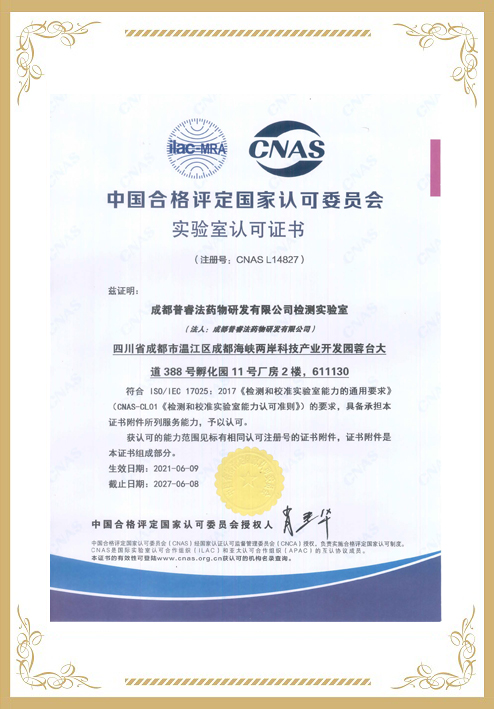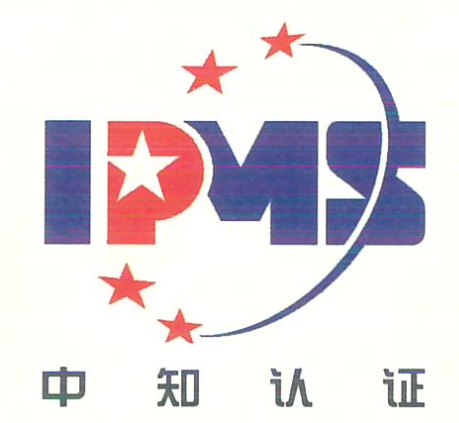The plasmid-mediated conjugative transfer of antibiotic resistance genes (ARGs) stands out as the primary driver behind the dissemination of antimicrobial resistance (AMR). Developing effective inhibitors that target conjugative transfer represents an efficient strategy for addressing the issue of AMR. Here, we studied the effect of acetylshikonin (ASK), a botanical derivative, on plasmid conjugation. The conjugative transfer of RP4-7 plasmid inter and intra species was notably reduced by ASK. The conjugation process of IncI2 and IncX4 plasmids harboring the mobile colistin resistance gene (mcr-1), IncX4 and IncX3 plasmids containing the carbapenem resistance gene (blaNDM-5), and IncFI and IncFII plasmids possessing the tetracycline resistance gene [tet(X4)] were also reduced by ASK. Importantly, the conjugative transfer frequency of mcr-1 positive IncI2 plasmid in mouse peritoneal conjugation model and gut conjugation model was reduced by ASK. The mechanism investigation showed that ASK disrupt the functionality of the bacterial cell membrane. Furthermore, the proton motive force (PMF) was dissipated. In addition, ASK blocked the electron transmission in bacteria's electron transport chain (ETC) through disturbing the quinone interaction, resulting in an insufficient energy supply for conjugation. Collectively, ASK is a potential conjugative transfer inhibitor, providing novel strategies to prevent the spread of AMR.























